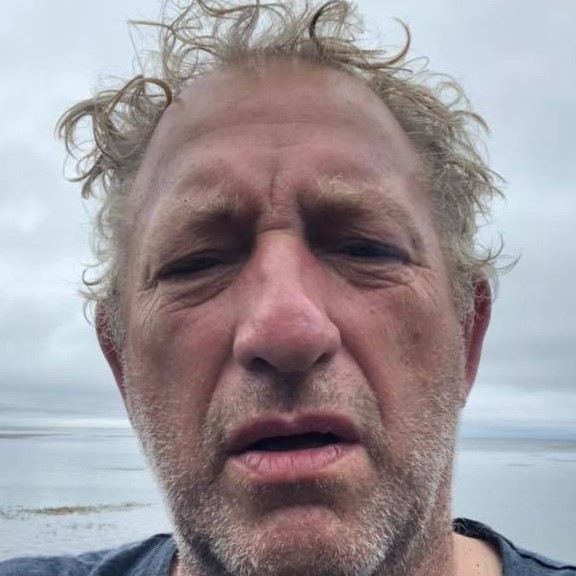- David Eddie
- K. McLeod
- Jim Diorio
- Alejandro Ballaudo
- Mike Knippel
- LW
- David O’Meara
- Rachel Eagen
- Larry Caveney
- Yael Friedman
- Jason M. Vaughan
- The Galaxy Brains
- Delaney Turner
- Bob Bickford
- David Himel
- Anonymous
- Rachel Sullivan
- Diane Beckett
- Kathryn McLeod
- Jane Wilson
- Mr. Abbott
- Chris Robinson
- Alf Bogusky
- Michael Murray
- Julie Himel
- Shane Redstar
In the spring and early summer, as I wait for the mountain snows to melt so I can alpine roam more easily, I restrict my trekking activities to remote coastal trips and old growth forest bathing. This means I’m probably trekking in First Nations’ territory around the 1st of July. Four years ago, in 2017– Canada’s 150th celebrations– I was on one such trip that spent its entirety in traditional territories.

We drove to the dying logging town of Gold River and took a floatplane that dropped us off at Starfish Lagoon, where we waded ashore and then hiked for 5 days the length of Nootka Island. We beached and coasted mostly, with some inland heavy bush forays to bypass tricky headlands. We finished in the village of Kyuquot – the site where the Spanish signed over the Pacific Northwest to Britain, through Captain George Vancouver. There is a small church-converted-to-First Nations museum there, caretaked by a First Nations family, as well as a Coast Guard lighthouse with equally friendly caretakers. We soaked this place in while we waited for the M/V Uchuck, a west Vancouver Island coastal goods & passenger service vessel, to arrive for her bi-weekly stop and to carry us back to Gold River.
As we were preparing for the trip we discussed how to celebrate Canada Day, the 1st of July. I thought long and hard about it; I was becoming more First Nations educated by this time…had been casually studying it for a while. I was just going through the process of retiring from the Navy after 34 years of service, and I had learned a lot during a recent appointment in support of the local Aboriginal Advisory Group, where I made many new friends and learned many new things. I was in that zone of confliction between wanting to respect what 34 years of service stood for, and also wanting to respect the history and sentiments of the new community I had been embraced by (if only in a small way). In the end, I decided to not celebrate the day during this trip, as the Nuu-chah-nulth people had given me permission to use their territory, and I didn’t see celebrating what many see as their colonizers as a good way to thank them for that. Indeed after the trip, I made a decision to stop celebrating the day altogether.
It wasn’t absolutely clear in my head why I went this path, especially considering my professional career. But it was a decision of the heart and gut at that time, and the right one for me. Reflection has also solidified what was in my head all along but that took me time to identify. I do think the things we have accomplished together should be celebrated, just as we should bear responsibility to support those bearing the effects of acts perpetrated by those before us. I see the best way to do that is to celebrate the accomplishments, and not the political structure. Canada is the name for a country, and a country is just a social organization put together in ways consistent with international custom. It’s a virtual construct of real things, and I want to celebrate those people who do good and noble things, accomplished in good and noble ways, while respecting those hurt by past actions.
These are a lot of words to say I cherish my community, but don’t give one single crap about the artificial structure. What I came to realize is I served the people, not a country, and I would continue to do so, in the best way feasible. All the people.


